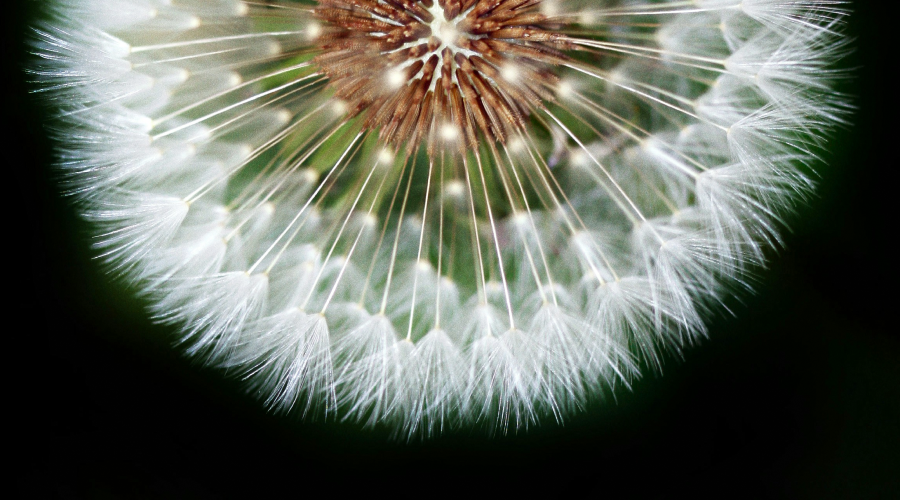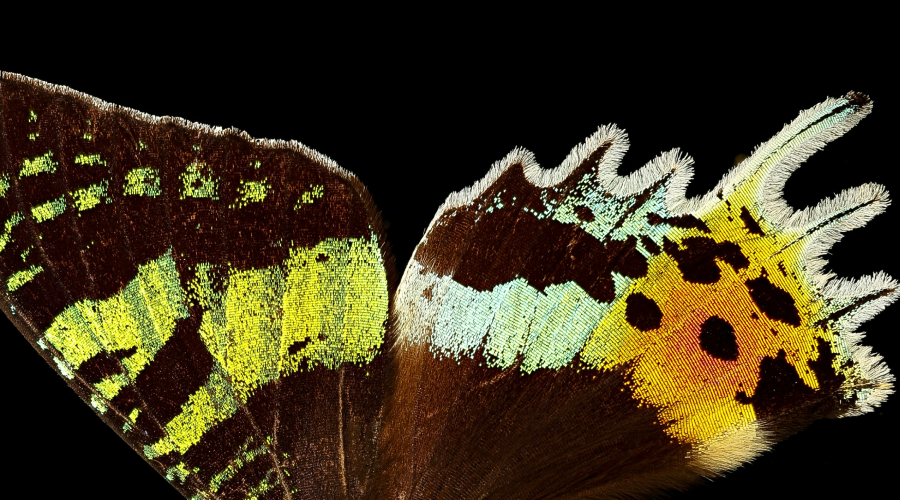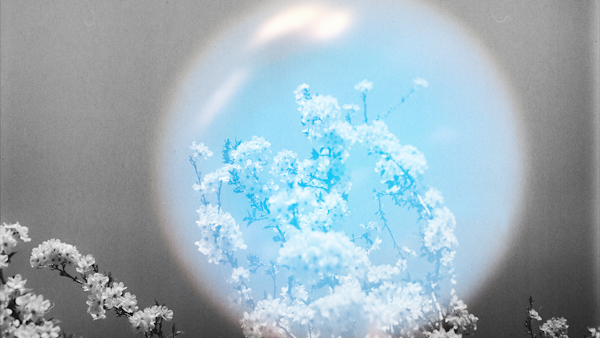On the Beauty of Distraction

Attention has value. In several languages, the word suggests a finite resource that can be allocated and withheld at will.
In English, we pay attention. In French, we make it. In German, we gift it. In Portuguese, Spanish, and Italian, we lend it, as though attention is something that can be used and then duly returned. In Finnish, attention is gathered or added, like a spice that seasons perception. It’s a broad linguistic trend that begs a couple of questions: Are we using this resource efficiently? Are we paying attention to what we should be?
In an era of information overload, our ability to pay attention has been stretched to its limits. Not only are we reading fewer books, but we’ve started to demand transparency when it comes to how long it will take to read an article or sit through a film. Our phones, no doubt, are partly responsible. Their endless beeping and chiming makes it difficult to steer our attention elsewhere and focus fully on other things. However, we shouldn’t be too quick to place all the blame on technology; there’s evidence that we are naturally distracted creatures, and that distraction actually gives us an evolutionary advantage. In other words, the internet didn’t “break” us, but enhanced an inherent trait.
A new trend has emerged in response to this onslaught of content: Willful ignorance. People are choosing to turn a blind eye and disconnect—I’ve stopped watching the news. It’s too terrible! While insulating oneself from current events may seem extreme as a preservation tactic, it’s not without an empirical basis.

The nature of distraction and the paradox of clarity
In the late 1970s, two American psychologists, Lauren Alloy and Lyn Yvonne Abramson, authored a theory called depressive realism, which posits that depressed people see the world more realistically. Their findings and conclusions have been debated and questioned, largely because their theory elides the complexity between cause and effect. Does depression sharpen one’s understanding of reality or is reality simply making people depressed? We’re certainly seeing the latter phenomenon today. Climate anxiety is being reported in children and adolescents around the world, financial insecurity has destabilized an entire rising generation, the atrocities of war make life seem cheap, while AI is undermining our sense of purpose. It’s no wonder we say that ignorance is bliss.
But willful ignorance is a beast that needs constant feeding. If we’re turning away from breaking news and issues of the day, we must satiate ourselves with other content.
We must find meaning, significance, and purpose elsewhere. In other words, we need distractions. But when those distractions consume the better part of our time, they become their own form of attention. The distinction between the two concepts begins to blur. Embracing ignorance can make us irrational, even desperate. We move quickly and urgently, always trying to achieve more and amass symbols of these achievements. In order to convince ourselves that we are busy and fulfilled, we strive to convince others. We perform our empty tasks happily and gracefully, turning our lives into an example of the good life, which others can learn from and emulate. In an economy founded on superficial distraction, it’s no coincidence that being an “influencer” has become such a popular and lucrative profession.
Others turn to self-help as a way to avoid the discomfort of reality, attempting to outsource the work of searching their own souls. In so doing, they cede their critical faculties to someone else’s, hoping that a one-size-fits-all approach to personal growth will suffice. But the very idea of self-help falls apart under the faintest scrutiny; the term is an oxymoron because the self providing the help is effectively the author, not you.

The commercialization of attention
When performing our lives trumps the actual living of them, attention becomes a commodity. The market vies for our time and focus, knowing there’s a direct correlation between what we pay attention to and what we, quite literally, pay for. This commodification feeds into a larger societal pressure to constantly do more, achieve more, and be more. We live in an era of relentless ambition, where success is often measured by how much we produce and how little we rest. The hustle culture further fragments our attention, as we’re constantly pushed to divide our focus among numerous goals and tasks.
I’m convinced that this fragmentation is dulling our ability to think critically and analytically. I think it’s also impacting our metacognitive capacity, which is the ability to think about how we think.
In my mind, this decline is being exacerbated by the efficiency of technology and the excess of choice, which externalizes conflicts that were once solved internally. It brings to mind a recent argument between my children; they were watching cartoons when my son insisted on pausing the episode for a bathroom break. The others objected and, as they argued, it occurred to me how different this conflict would have been in my day, when pausing a television show wasn’t an option. Instead, I would have had to assess my priorities and make a decision: Was physical relief more important than seeing the entire episode? Now, because of technology, that internal conflict has moved outward. What we gain in convenience we lose in the practice of self-reflection and introspection. Moreover, we begin to expect the immediate satisfaction of desires at the cost of patience, temperance, and fortitude.
I think we’re seeing a version of this phenomenon in public discourse. Indignation and sensitivity have become the norm, exacerbating polarization, cancel culture, and the decline of constructive and collaborative conversation. When we find offense in everything, we lose our capacity for nuance, thoughtfulness, and intellectual rigor. Anger and defensiveness replace curiosity, reflection, and debate.

The tendency to think of attention as good and distraction as bad needs to be revisited. In my mind, they are both value-neutral concepts distinguished by our intentions. When we focus on something intentionally, we are paying attention to it. When our attention is pulled from us unconsciously or unwillfully, we are distracted.
But some distractions are meaningful and productive, just as certain objects hardly deserve the attention we give them. Perhaps you’re envy-scrolling on Instagram when you hear a strange chirp overhead and find yourself marveling at the sight of a violet-backed starling. In that instant, a negative attention transforms into a beautiful distraction.
Beyond rethinking this good/bad binary, we need to deepen and expand our understanding of both terms. The poet J.D. McCatchy wrote: “Love is the quality of attention we pay to things.” We need to draw on that love, rediscovering the joy of sustained attention, of losing ourselves in thought or activity without the pressure to produce or perform. We need to find pleasure in the process of deep focus and contemplation, instead of fetishizing busyness, ambition, and achievement.
Distraction needs an even bigger image makeover. Anyone who deals with children knows that distraction can be a powerful tactic. A tantrum on the street can be calmed by calling attention to a passing airplane, or folding your hands into a butterfly.
We create a moment of wonder and beauty—a distraction that has meaning. Adults can learn from this strategy as well. Instead of dealing with loneliness, boredom, anxiety, or frustration by reaching for our phones to text, scroll, or click, we can find more meaningful distractions. We can look to beauty in the natural world and in our personal relationships.
When it comes to attention and distraction, it seems that mindfulness is key. While we can’t control what distracts us, we can become aware of it and proceed to make a choice. Does this distraction deserve my attention? Perhaps in making this distinction we might find a balance between engaging with the world’s realities and maintaining our mental well-being, between productivity and contemplation, between the rush of modern life and the depth of meaningful existence.
João Sevilhano
Clinical psychoanalyst and partner, strategy & innovation, at Way Beyond, Portugal

Writing in a Crowded World

I Don’t Resonate with You

Business Must Speak a New Language

What Makes For a Real Community

A Glossary for Generation Grief

